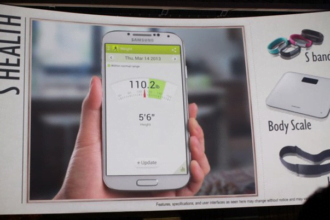Hurricane Sandy has driven home some important lessons, again.
Hurricane Sandy has driven home some important lessons, again.
Power and communication systems are critical for healthcare. Most of the patients in  some New York City hospitals have been evacuated to other facilities that are unaffected by outages because even their emergency power systems went down. Without power, there is no Internet connectivity. Telephone service in the city has been intermittent, making it difficult for the hospitals to notify family members of patients of the evacuation measures they had to take.
some New York City hospitals have been evacuated to other facilities that are unaffected by outages because even their emergency power systems went down. Without power, there is no Internet connectivity. Telephone service in the city has been intermittent, making it difficult for the hospitals to notify family members of patients of the evacuation measures they had to take.
Most hospitals have crisis plans in place, but the severity of this storm will likely lead to better crisis planning. I’ll bet the facilities in New Orleans have done their due diligence in the eight years since Katrina.
The New York City patients should probably have been moved earlier than last night as a precaution, but hospital administrators would have been criticized had they done that and the power stayed on. As it is now, there are unexpected costs that the healthcare system will have to absorb. We can only hope that the evacuation hasn’t added to the problems patients were in the hospital for in the first place.
Telemedicine certainly can’t be a solution in the midst of a Sandy or Katrina, but it can help the return to normal, or new normal, conditions. While the skies are clearing, residents still need care for illnesses and diseases whether their physicians can work from their offices or not. It can provide a work-around IF there are clinics that can connect securely with physicians over the Internet.
Soon, we may have the ability to use a system of clinics or urgent care centers to connect with our physicians or specialists that we need to see, during a disaster or as a regular practice. But we at GlobalMed also foresee a future when this connectivity will be available directly from our homes. We’re just not there yet.








